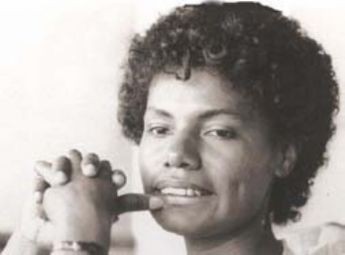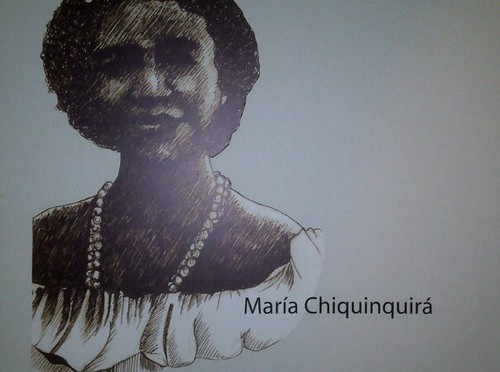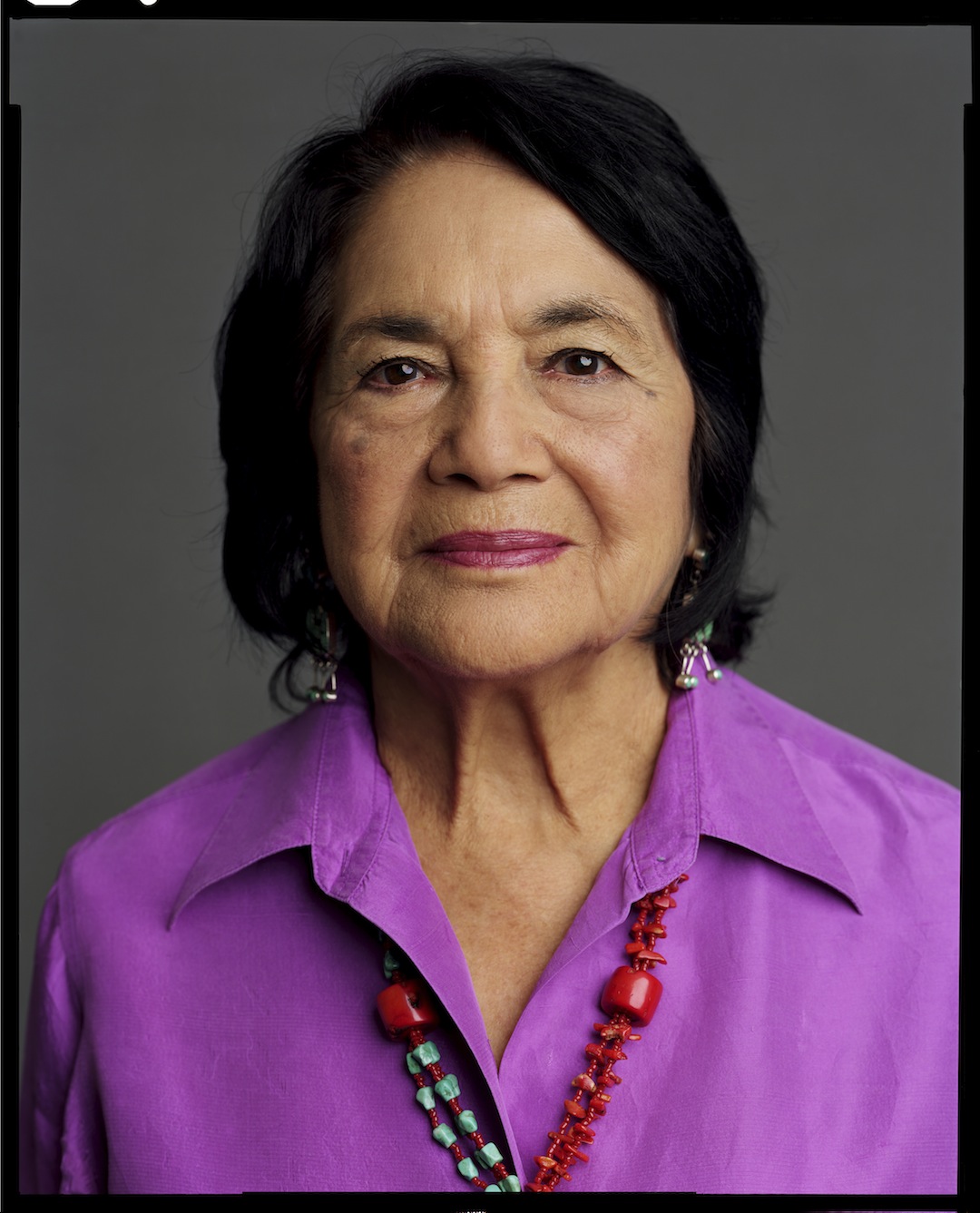Being a single male, I always like the female energy around me, even if it
is nothing more than a platonic friendship. In fact, throughout my life, an overwhelming
majority of my closest friends have been females. As I interact with
Spanish-speaking people through my work, social activities, and travel while
using my Spanish, I get to meet many women. I generally find Latin American
women, particularly those not born in the US, much friendlier and more
approachable. Seldom do I encounter the paranoia and defensiveness that I encounter among so many US women, especially here in the Oakland,
California area where I live. When I am speaking Spanish to monolingual Spanish-speakers,
it is almost as if they consider me one of them, and they generally ask where I
am from.
Although, I relate well to Latin American women of all colors, my greatest preference
is for Afro-Latin Americans. I find it ironic, however, that it is usually the
non-Black Latin Americans who show the most interest. I remember while in Mexico City, I was rushing to catch my next flight to Havana, and how a very attractive
Mestizo women gave me the “the hottest” eye contact and smile I have seen in my
entire life. Maybe she thought I was Denzel Washington—HA! Even on my Spanish-speaking
Facebook account where all my friends are in Latin American countries, two
Black women and four Mestizo women have been throwing cute lines at me, giving
me the impression that they want more than just an online friendship. They
could be attracted to me in particular or they could be attracted to the US and
see me as a way in, or both; I do not know. What I do know is that when it
comes to settling down, I would much more prefer to be with a woman who is
already in the US (legally). My purpose for establishing a Spanish Facebook account
in the first place was so I can have warm contacts in the event of my arrival in their respective countries.
Latin American travel is a major hobby of mine right now.
While visiting Cuba, Ecuador, Perú, and Venezuela, I had good company and
from sisters (Black women) who showed me around and went out of their way to make me feel at home. When I was in Venezuela, I found the women of all colors to be
extremely warm and conversational. Almost every time I would smile at a woman she'd give me a
warm, enthusiastic smile in return. My only problem with Venezolanas (Venezuelan
women) is that had I stayed long enough, I would have defeated my whole purpose for being there. See my post
Fond Memories of Venezuelan Women.
As in every Latin American country that I visit, my purpose is, 1) to improve
my Spanish, 2) to explore and experience Black cultures, and 3) to have a fun and relaxing vacation. The folks I meet during my travels have become lifetime
friends. You might ask, if I connect so well with Latin American women, why I
am not married to one? The answer to that question is in another post:
Why I’m Not With a Latina.












